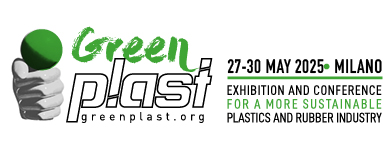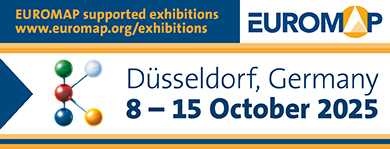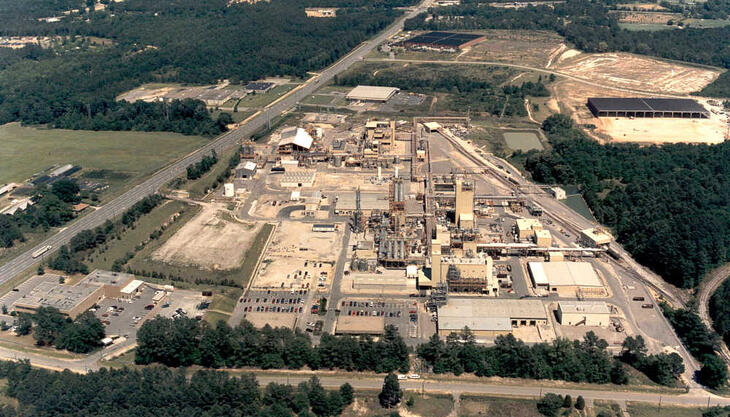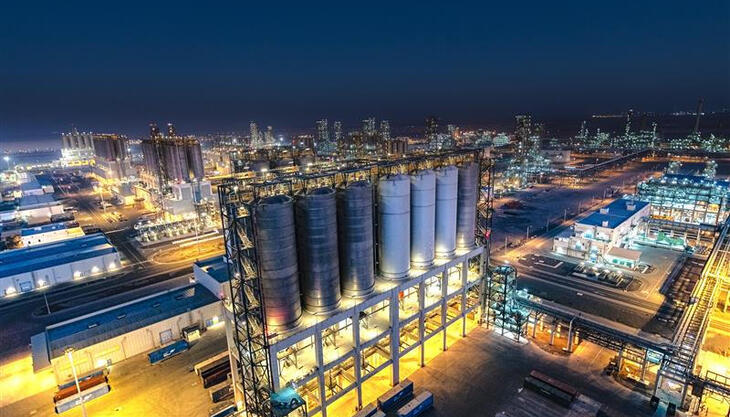The third quarter of Covestro: growth in volume and earnings

In the third quarter of 2020, Covestro increased core volumes by 3.0% year-on-year as the result of a significant improvement in demand. This development was largely driven by volume growth in the Asia-Pacific region, particularly in China. At the same time, Group sales were down by 12.7% to around 2.8 billion euros due to lower selling prices. As communicated on October 9, 2020, as preliminary key financial figures, at the time of publication Ebitda outperformed capital market expectations for the third quarter of 2020. At 456 million euros, this figure was up by 7.3% over the prior-year quarter. The increase is attributable mainly to a lower cost level achieved with cost-cutting measures. Net income rose by 21.8% to 179 million euros, while free operating cash flow (FOCF) grew to 361 million euros (+48.6%). This development resulted from an increase in operating cash flows and reduced cash outflows for additions to property, plant and equipment, as planned.
Covestro CEO Markus Steilemann (in the picture): “Although the coronavirus pandemic is still causing uncertainty, we have reacted decisively and have taken the right measures, which are now paying off. In the third quarter, demand from our customer industries experienced a strong rebound. The volume growth we achieved shows that we are meeting our customers’ needs and offering the right solutions.”
Full-year guidance specified
Covestro confirmed its full-year guidance for 2020 as adjusted on October 9, 2020. This assumes that economic activity will not be severely restricted again to curb the spread of the coronavirus pandemic. The Group now anticipates Ebitda at around 1.2 billion euros in 2020 (previous: 700 million euros to 1.2 billion euros). In terms of core volume growth, Covestro continues to expect a year-on-year decline. The Group currently expects FOCF of between 0 and 300 million euros (previous: -200 million euros to 300 million euros) and a return on capital employed (ROCE) in the mid-single-digit percentage range (previous: -1% to 4%).
Acquisition announced
On September 30, 2020, Covestro signed an agreement to acquire the Resins & Functional Materials (RFM) business of DSM for a purchase price of 1.61 billion euros. This deal marks an important step for Covestro in its long-term corporate strategy to strengthen its sustainable and innovation-driven businesses. Integrating RFM into the Coatings, Adhesives, Specialties segment significantly broadens the company's portfolio in the high-growth market for sustainable coating resins.
On October 13, 2020, Covestro successfully completed a capital increase in connection with the announced acquisition comprising 10.2 million new no-par value ordinary bearer shares that were placed with institutional investors through partial utilization of authorized capital. The gross proceeds amount to 447 million euros and will be used to finance the acquisition.
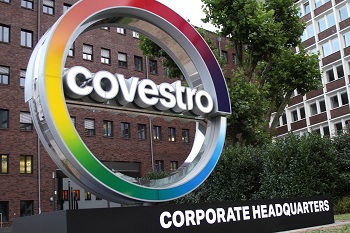 Lower cost level in all segments; volume growth in PU and PC
Lower cost level in all segments; volume growth in PU and PC
The Polyurethanes segment saw core volume growth of 4.3% in the third quarter of 2020. Sales declined by 11.0% to 1.3 billion euros mainly due to competitive pressure on selling prices in the prior year and a persistent lower raw material price level. Ebitda in the Polyurethanes segment rose by 12.2% to 220 million euros. The positive effect of volumes sold and reduced cost levels as a result of cost-cutting measures increased earnings.
In the Polycarbonates segment, core volumes were up by 3.6% in the third quarter of 2020. Sales decreased by 11.1% to 801 million euros mainly due to the development of the selling price level as a result of lower raw material prices. Ebitda in the Polycarbonates segment increased by 12.1% to 148 million euros. An improved cost level as a result of cost-cutting measures and higher margins had a positive effect on earnings.
In the third quarter of 2020, the Coatings, Adhesives, Specialties segment saw a decline in core volumes of 6.9% on account of weaker demand from the automotive and transport industries as well as the construction industry. Sales were down by 15.8% to 495 million euros chiefly due to lower total volumes sold and lower average selling prices. Ebitda decreased by 10.8% to 99 million euros in the third quarter of 2020. A negative effect on volumes sold and a slight decline in margins put downward pressure on earnings. Reduced cost levels as a result of cost-cutting measures were unable to compensate for these effects.





